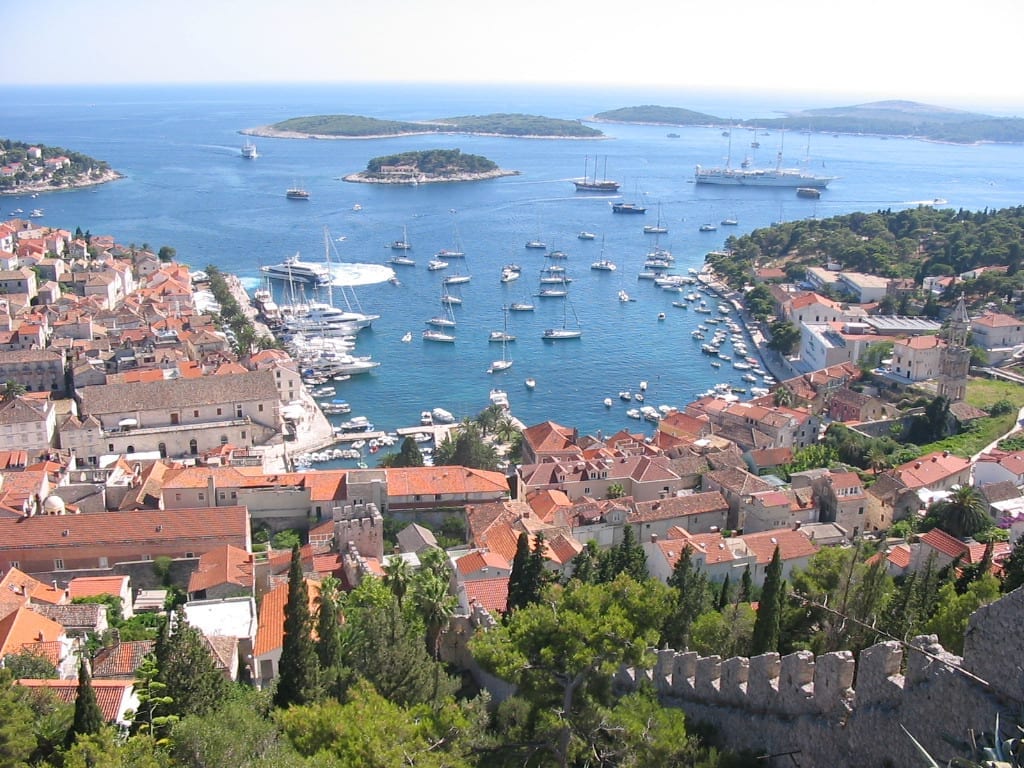Can Local Authorities Lead the Transition to Carbon Neutrality?
In these turbulent times of climatic, economic and social uncertainty, communities and local authorities can and must lead the way in this transformational shift towards a zero carbon world.
We are living at the start of a climate emergency, this year, the UN Intergovernmental Panel on Climate Change (IPCC) released a report stating we have 12 years before triggering an irreversible slide into climate chaos and catastrophe As it’s an emergency, we urgently need to take immediate and effective action. There is increasing evidence that the battle for sustainable development for all and against the negative effects of climate heating will be fought, whether we win or lose, at the local level. Globally, local authorities must take the lead in transforming their districts into neighbourhoods that provide comfort and well-being for all their people. Recent experience from Europe shows that this can be achieved.
Learned by doing is the approach chosen by pioneering European municipalities who tested the concept of energy communities long before it was introduced into the European policy framework – in the Renewables and Internal Market Directives. For these municipalities, buildings were the most obvious starting point. As the World Health Organisation has stated, Europeans spend around 90% of their time indoors, in homes, workplaces and, educational, health and leisure buildings.
Sixty-one low carbon / energy demand projects across Europe were reviewed by the authors for the European Commission’s Joint Research Centre. This research provides a novel insight into the ingredients used by frontrunner European municipalities to set ambitious targets with the objective of reducing energy demand and increasing the share of their energy supply from local renewable energy sources. The report showed that all municipalities can benefit from the experiences gained in these pioneering districts. An essential concoction of factors was found: highly energy efficient buildings; ambitious energy targets coupled with addressing socio-economic concerns and a holistic project design set up; and ensuring that all stakeholders are included in each phase of the transformation of existing neighbourhoods to net-zero districts.

A common feature of the projects is the aim of making buildings both highly energy performing and decarbonised. Although all these municipalities target buildings’ energy efficiency, it is to be noted that the levels of motivation varies significantly. The remote Croatian Island of Hvar had a target of self-sufficiency, as did the Swiss municipality of Val-de-Ruz whereas the rural Irish village of Cloughjordan aimed to build an eco-village. Other targets included achieving carbon neutrality in the municipality of Helsingor in Denmark while the Spanish municipality of Zaragoza focused its strategy on building the technical capacity needed to transform its building stock by developing and implementing a holistic bioclimatic design at the neighbourhood level.
Another stand out feature common to all the municipalities was the adoption of a holistic approach when addressing local socio-economic concerns. Given the variety of societal, environmental and economic challenges that municipalities face on a daily basis, energy cannot be the only driver to transform existing neighbourhoods to net-zero energy / carbon districts. Over time, municipalities have acknowledged that consensus can easily be built around ambitious energy targets if, and only if, the transformation of the energy systems complements other local projects and contributes to addressing local and regional socio-economic concerns.
An important role the districts play is ensuring the well-being of all citizens and this objective is a much more consensual one than making buildings zero energy / carbon. However, well-being has not yet been defined as a policy area and so far, there is not a single public financing mechanism to enable this, in spite of the wealth of knowledge and studies that show a direct correlation between positive impacts on citizen’s well-being, physical and mental health and being in an efficient building and living in an energy conscious environment. It is, therefore, up to the municipalities to leverage existing EU, national, regional and local financing in an innovative and creative manner to ensure the right approach for well-being for all is effective in the local context.
Last, but not least, pioneering municipalities have shown that a vital ingredient for the successful transformation of existing neighbourhoods into net-zero districts is the involvement of all stakeholders in the planning, operation and maintenance of their district’s transformation. While it is true that the involvement of actors varies from one municipality to another, it is also true that in each of the projects new actors have emerged. The role of these new actors varies from building technical capacity, raising awareness, developing new methods to involving all stakeholders to name but a few.
Overall, one major lesson learned from the 61 projects is that there is a huge opportunity and proven methodologies that are essential in facilitating the transformation of our societies through the energy transition which can take place only at local level and with all actors.
The efforts made by the studied projects are encouraging considering most were undertaken when energy saving targets were lower than today’s 2020, 2030 and 2050 goals. Currently, even greater effort is needed from local authorities across the world to push us towards carbon neutrality. It is clear that municipalities will be major players in achieving this critical objective.